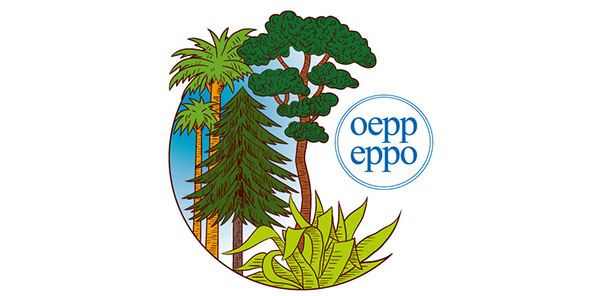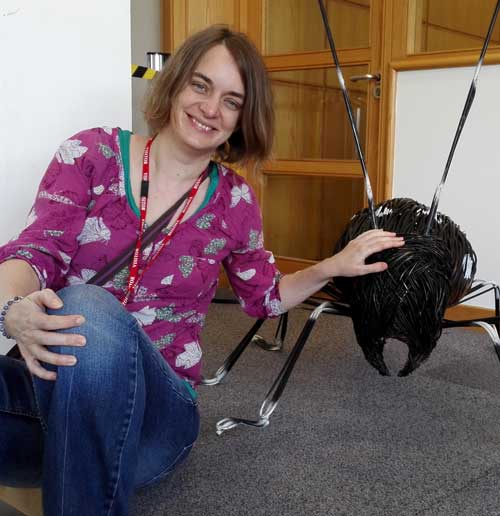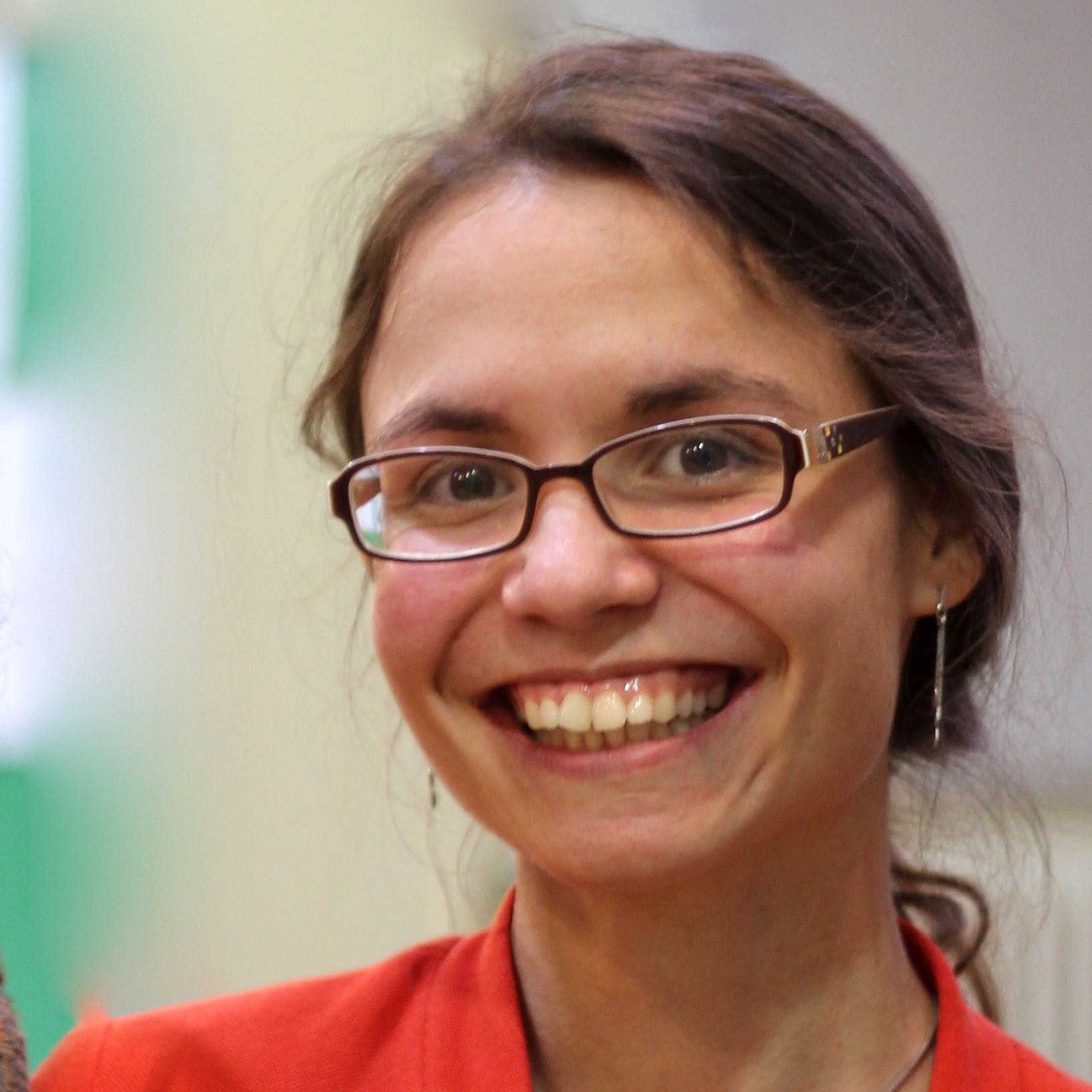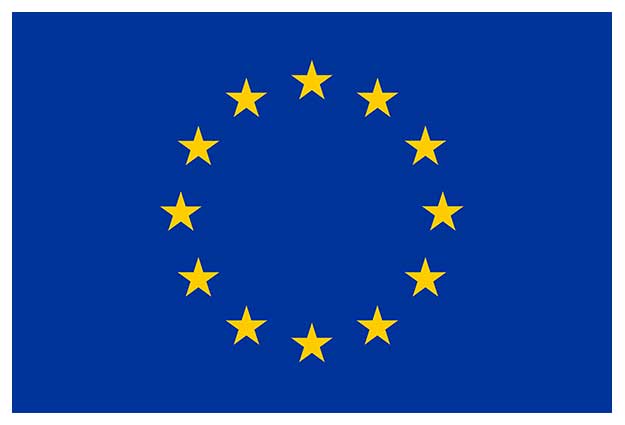Partner's general description and participants

European and Mediterranean Plant Protection Organization
www.eppo.int
The European and Mediterranean Plant Protection Organization (EPPO) is an intergovernmental organization responsible for international cooperation in plant protection in the European and Mediterranean region. In the sense of the article IX of the FAO International Plant Protection Convention, it is the regional plant protection organization for Europe. Founded in 1951 with 15 member governments, it now has 51 member governments including nearly every country of Western and Eastern Europe and the Mediterranean region. EPPO’s aims are: 1) To protect plant health in agriculture, forestry and the uncultivated environment; 2) To develop an international strategy against the introduction and spread of pests (including invasive alien plants) that damage cultivated and wild plants, in natural and agricultural ecosystems; 3) To encourage harmonization of phytosanitary regulations and all other areas of official plant protection action; 4) To promote the use of modern, safe, and effective pest control methods; 5) To provide a documentation service on plant protection.
The main areas in which EPPO has relevant capability and responsibility are:
1. Horizon scanning for risks to plant health in the region,
2. Development and promotion of regional standards on: Pest risk analysis and prioritization, Diagnosis of plant pests, Surveillance, Contingency planning, National regulatory control systems, Efficacy testing for control measures,
3. Dissemination of technical information for plant health services across the region.
The capability covers invasive plants, pests and pathogens of forest trees, and environmental risks as well as pests and pathogens of crops.
Role and participation in the project
EPPO will be particularly involved in WP2, 3 and 6. EPPO has developed over the years different Regional Standards on Quality Assurance, in particular a Standard describing Specific requirements for laboratories preparing accreditation for a plant pest diagnostic activity and a Standard providing Guidelines for the organization of interlaboratory comparisons by plant pest diagnostic laboratories. Improvement of both Standards will be considered during the project in close link with EPPO Panels. Since 2007, EPPO has established a database on Diagnostic to allow identification of experts who can provide diagnosis of regulated species and those who can help in the identification of new or difficult to identify species. Validation data is provided in part of this database. As of June 2018, 184 validation reports were available on tests for bacteria, chromista, fungi, insects, nematodes and viruses/viroids. Results of test performance studies on multiple pests, such as that from the Euphresco DNA barcoding project, are also available. EPPO will use its network of plant pest diagnostic laboratories to organize surveys on the needs for improvement of this database in particular regarding the section on validation data. EPPO will also organize workshops for the dissemination of the outcomes of the project as well as for training of plant pest diagnostic laboratories and potentially inspectors.
Participants
Françoise PETTER
Assistant Director
Françoise Petter is the EPPO Assistant Director. For the last 13 years within EPPO, she has been in charge of the EPPO programme on Diagnostics and is Chairman of the EPPO Panels on Diagnostics (6 Panels). She has participated in several EU funded projects including two recent projects related to diagnostics Q-Collect and TESTA. With her diagnostic team, she has also organized dissemination workshops and conferences for EU projects (e.g. Q-DETECT workshops for inspectors 2011 & 2013, EPPO QBOL conference in 2012, Q-COLLECT Workshop in 2014 & 2015, EPPO TESTA Conference 2015). Ms Petter speaks fluent French and English.
Madeleine McMULLEN
Managing Editor of the EPPO Bulletin
Madeleine McMullen is the Managing Editor of the EPPO Bulletin. She has a BSc and an MSc in Biology, and Environmental Technology respectively from Imperial College Over the last 8 years she has assisted Ms Petter in many of EPPO’s diagnostics activities. She has participated in EU funded projects including TESTA. She speaks English and French.
Baldissera GIOVANI
Scientific Officer
Baldissera Giovani has a PhD in biochemistry and molecular biophysics. At present he is Scientific Officer at EPPO, is the EUPHRESCO coordinator and assists Ms. Petter in the diagnostics activities. He speaks Italian, English and French.
Damien GRIESSINGER
IT and Systems Manager
Damien Griessinger is EPPO’s IT and Systems Manager, he has designed the EPPO databases and created several online surveys for various projects (FP 7 Q-collect, EU Quality Pests project and for EPPO surveys on the use of EPPO diagnostic protocols). He speaks English and French.
Nathalie BOUTRON
IT Officer
Nathalie Boutron is EPPO’s IT Officer. With a Master's Degree in Business, Ms Boutron started her career in sales. Her passion for IT made her create her own business in 2004, specialized in designing websites and programming. She speaks fluent French and English, and has a fair level in German and Chinese.
Charlotte TRONTIN
Charlotte Trontin joined EPPO in August 2019 as a scientific officer to support EPPO with the EU project VALITEST. She is also involved in the Q-bank project and in other diagnostic activities. She has a BSc and an MSc in biology, a PhD in plant genetics and a MBA. She speaks French and English.







